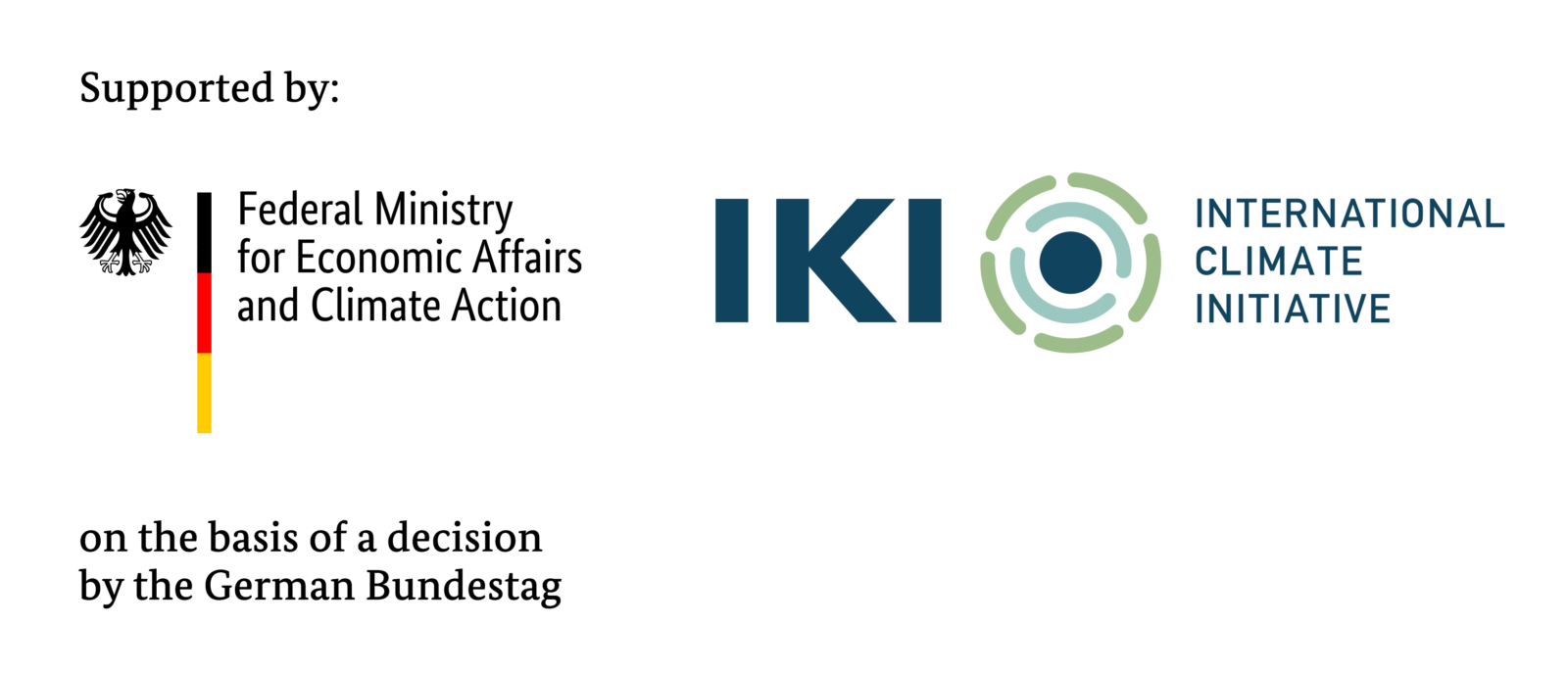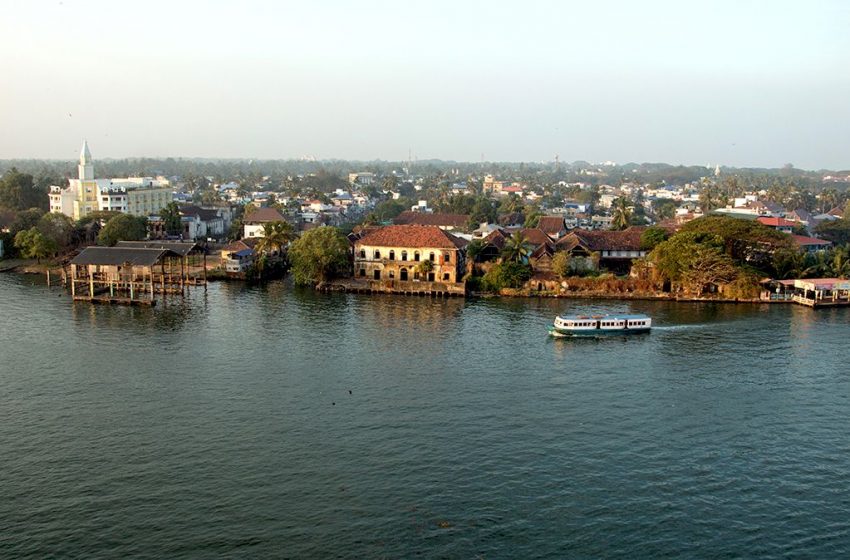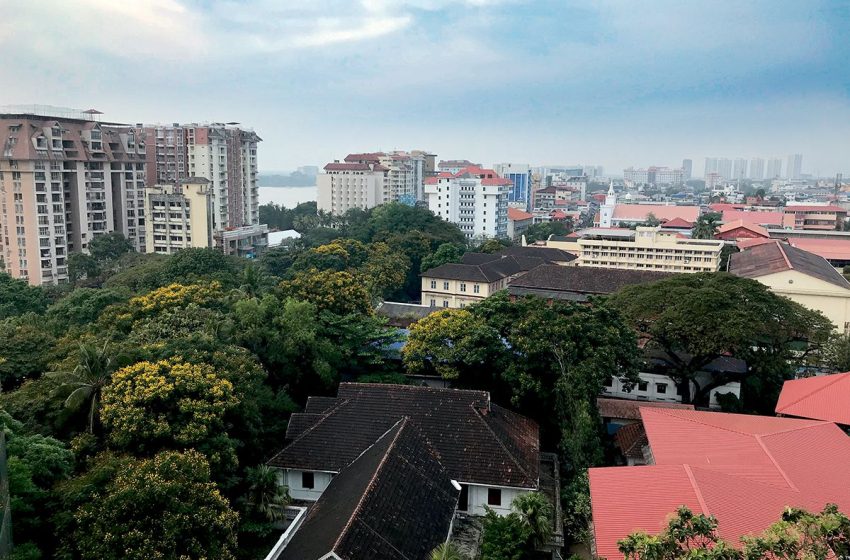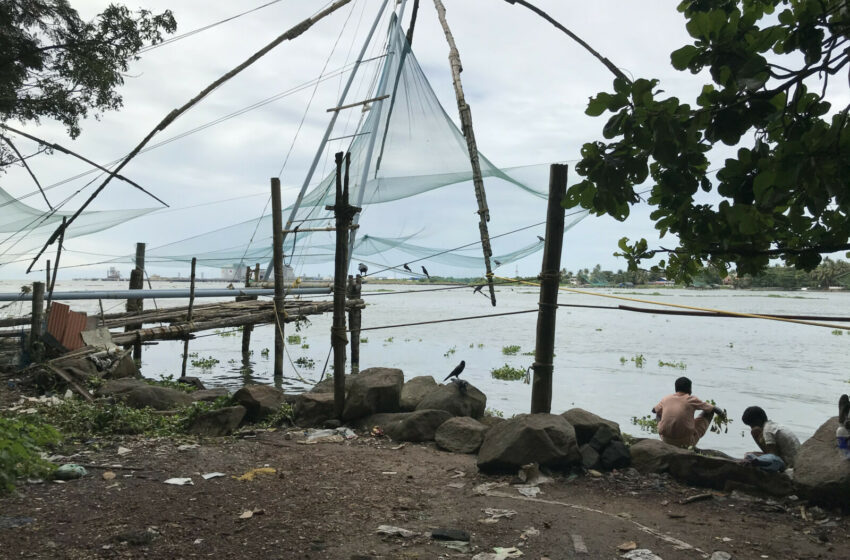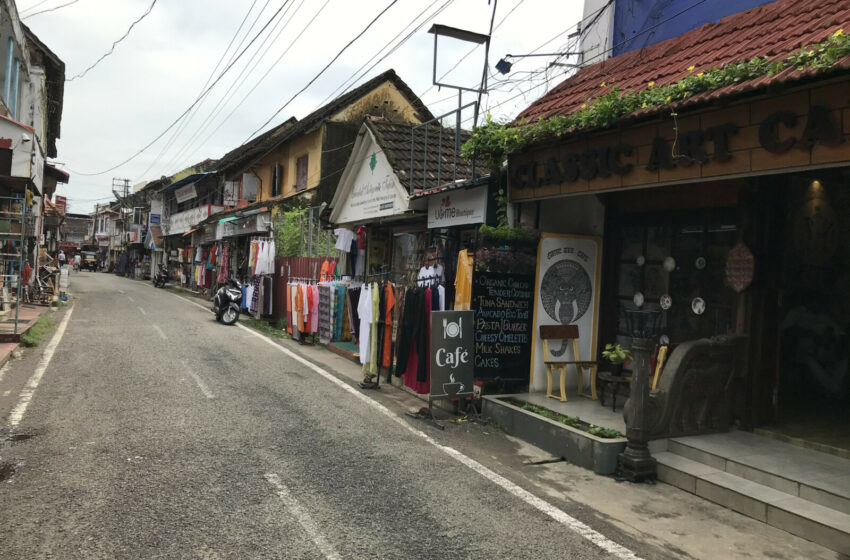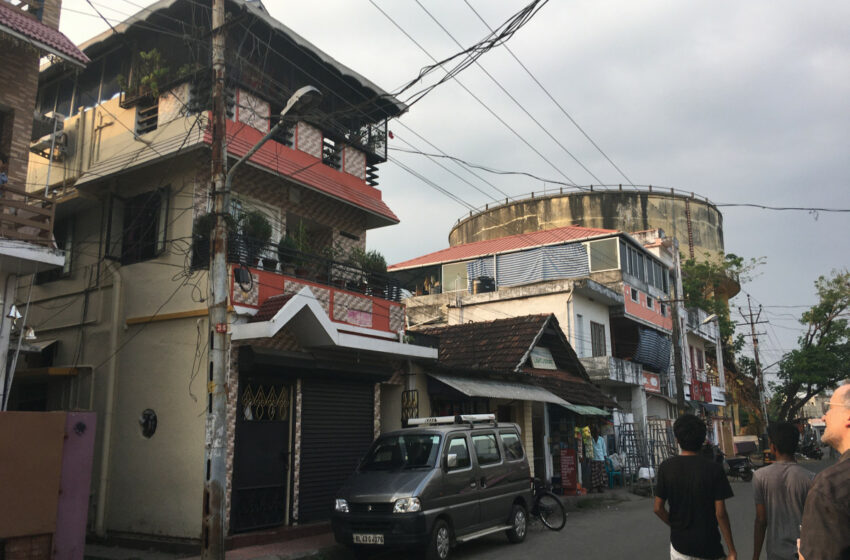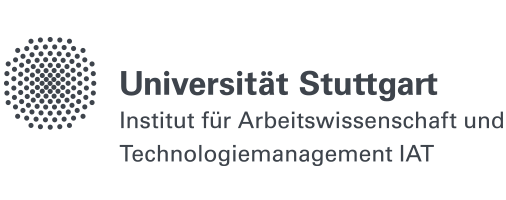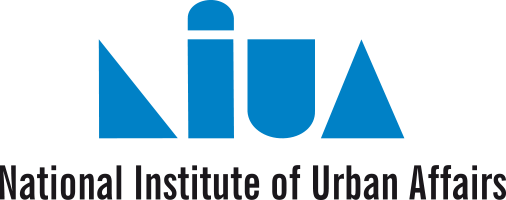As the financial, commercial and industrial capital of the state of Kerala with over 600,000 inhabitants, Kochi (also called Cochin) is one of the most important ports on the west coast of India. Kochi is located in the Ernakulam district and is surrounded by the Arabian Sea.
India ranks fifth among the countries most severely affected by climate-related risks in 2018: in Kerala, 324 people died during the monsoon season and over 20,000 homes were destroyed. Surrounded by the Arabian Sea, and only five meters above sea level, the city consists of numerous islands, peninsulas and larger bodies of water. That is why the city is caught in a perpetual cycle of floods, cyclones, landslides, and droughts. Kochi has already experienced an increase in temperature of 1°C between 1950-2000, while the sea surface temperature rose by 0.5°C. This is alarming, as small changes in sea surface temperature could have more serious effects on the local climate.
Due to its location and geographical features, Kochi could be heavily affected by possible changes in precipitation patterns and sea level rise by the middle of the century. In addition, urbanization has an immense impact on the water ecosystem and makes the city even more vulnerable to climate risks.
In order to strengthen resilience to the impacts of climate change, MGI will work mainly in the energy, housing and water sectors, which were selected during the City Lab process. Therefore, the focus will be on energy efficiency, keeping waters clean and locally adapted construction methods.
The City Lab team consists of experts from Fraunhofer IGB (water and power), Fraunhofer ISE (energy), Fraunhofer IBP (housing & built infrastructure), Fraunhofer India, Universität Stuttgart IAT, as well as the local partners NIUA and C-HED.

